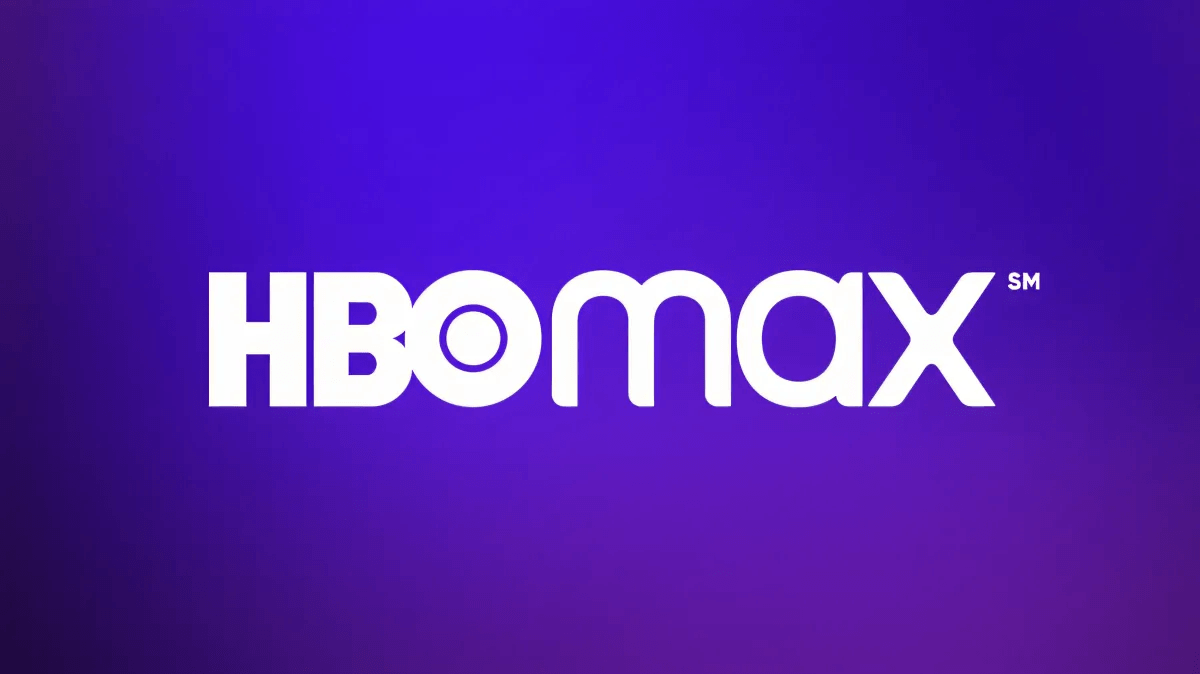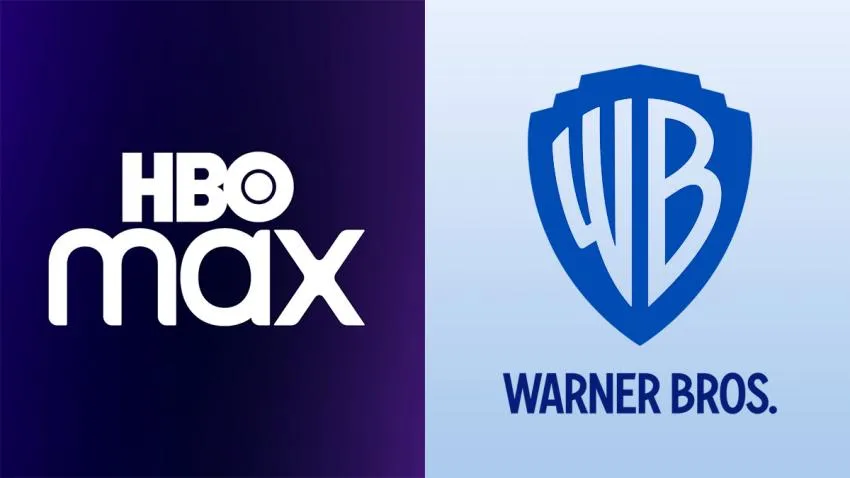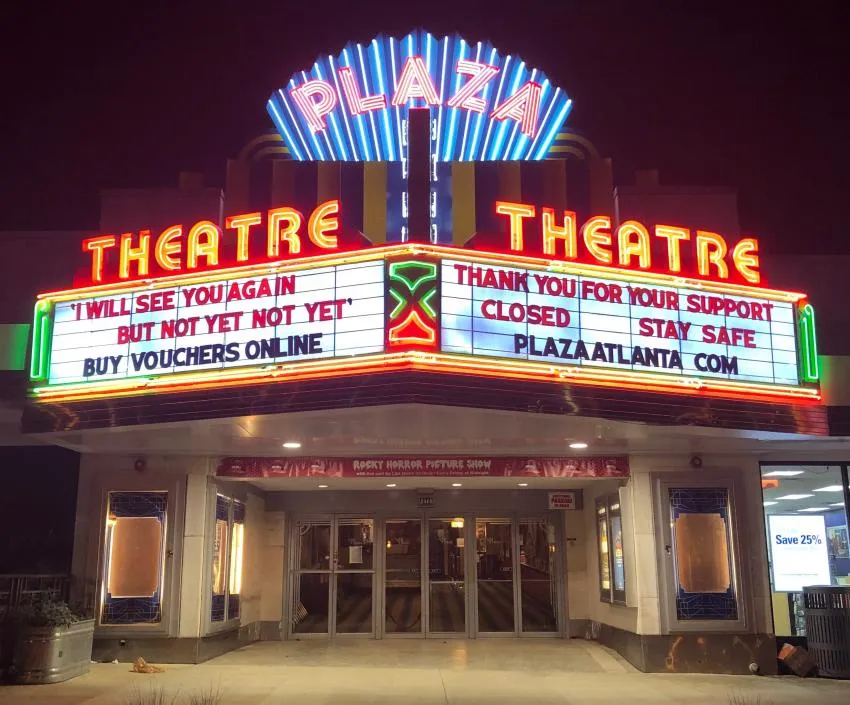A New Era: How HBO Max Will Change The Way We Watch Movies

What is the HBO Max And The Warner Brothers Deal All About?
On December 3rd, 2020, Warner Brothers shocked the world when they announced that they would release all of their movies slated for 2021 in theatres simultaneously on HBO Max. The legendary production company had 17 blockbuster releases slated for 2021. The first movie slated for release was Wonder Woman 1984, which was released on Christmas day. The movie earned the highest opening weekend box office numbers of 2020 with 16.7 million dollars.
Including Wonder Woman 1984, the studio is set to release other films that were likely to do enormous box office numbers if it wasn’t for the global pandemic. These titles include Space Jam: A New Legacy, Dune, In the heights, Matrix 4, and Godzilla vs. Kong. The deal was received with criticism from filmmakers and theatre chains alike. Theatre chains such as AMC and Regal are afraid that the new format will be the nail in the casket of an already struggling theatre industry.
On the other hand, filmmakers are worried that the multi-million dollar moves they created specifically for the big screen will suffer, Causing a significant monetary loss for involved parties. Furthermore, The movie-going experience that so many of us adore may be irreversibly damaged. Although Warner Brothers promise that this new distribution model will only affect its 2021 slate, many doubt their claims.
The belief is that Warner Brothers is using the deal to bolster the number of subscribers to their HBO Max streaming service, which was struggling to compete with its competitors before the announcement. Since AT&T acquired TimeWarner, the parent company is actively attempting to find legs in the streaming service arena. To do that, they were counting on HBO Max to be a viable competitor to already established streaming giants like Netflix, Disney+, Hulu, and Amazon Prime Video.
Unfortunately, a Postponed launch due to technical difficulties made their competition even fiercer. It seemed the window of opportunity for HBO Max to make a splash had closed, and the streaming service was relatively untalked about until the announcement of their deal with warner.
Why are so many people upset with Warner Bros. after their deal with HBO Max?

Much of the backlash came from directors defending the movie-going experience that, obviously, only theatres can facilitate, and for a good reason. Filmmakers like Christopher Nolan, responsible for films like The Dark Knight trilogy, Interstellar, Inception, and Tenet, make movies full of spectacle. These movies transport you to different worlds and use expensive CGI, all-star actors, and many explosions. While it is more than possible to enjoy these movies at home, these movies are big-budget because they demand a big screen to enjoy all it has to offer fully.
Traditionally big budgets are usually synonyms with big box office numbers, which is another reason why so many prominent filmmakers, producers, and actors are upset. Many movie deals have back-end agreements with various parties involved in the film. In brief, if a film performs well at the box office, people get paid more money. Furthermore, When Warner decided to move forward with their decision. They added insult to injury by not communicating with the talent and representatives they work with. With that in mind, it’s no surprise Warner received the backlash that it did.
Major theatre chains also have a significant bone to pick with warner. Many movie theatres are going under and being forced to remain closed or limit their capacity during the global pandemic. This new HBO-Warner agreement fundamentally undercuts any money they would’ve been with an exclusive theatrical release.
Is the deal between Warner Bros. And HBO Max the end of movie theatres?

The sad reality is that technology evolves. We have seen similar changes happen to many industries throughout history. We went from horse-drawn carriages to sedans, home phones to smartphones, and Arcades to video game consoles. Things change and become more efficient and easily accessible. For years many have worried about the future of movie theatres. First came television, then VHS, then DVDs and blu rays; now, most of us can watch movies on our smart form on our commute home for work. Time and time again, the movie theatre experience managed to survive through decades of change.
However, With the Covid-19 pandemic severely crippling the entire industry, the future looks bleak for theatre lovers worldwide. Ultimately, all Warner brothers are doing is embracing new technology in an attempt to stay afloat, and who can blame them. 2020 has proved that we all must be flexible and ready to adapt to what life throws at us. Hopefully, movie theatres will still be around, just different. The movie theatre industry has struggled for years. With streaming services becoming more popular and reasonable for the populace, the struggle was destined to continue.
The flip side to all of this is that if surviving theatre chains can find a way to stay alive until a significant portion of the population is vaccinated, there’s still hope. Now is the time for theatres to figure out how they can provide a service worth leaving your house for. It may involve substituting screens in a venue for more giant and better screens. And taking a more luxury model of an approach like allowing moviegoers to order food as they watch their films and improve the seating. By improving upon the experience, theatre chains can hopefully retain their customer base, relevancy and remain a cultural staple for many years to come.
Opinions and Perspectives
Warner Brothers clearly looked at the data and saw where the industry was heading. Can't blame them.
The real problem isn't streaming versus theatres. It's the rising cost of movie tickets.
I actually appreciate being able to watch complex films at home where I can rewind and catch details I missed.
Theatre chains need to focus on making the experience special again. Give us something worth leaving home for.
The technical difficulties mentioned in the article were a huge problem. HBO Max still isn't as stable as Netflix.
Pretty sure streaming and theatres can coexist. We still have live music despite having Spotify.
Watching The Suicide Squad at home just wasn't the same. Some movies need crowd reactions.
This might actually help smaller films find their audience. Not everything needs a huge theatrical release.
Home releases are great but I miss the excitement of midnight premieres with fellow fans.
The fact that Warner didn't consult with filmmakers before this decision shows how little they care about the art.
My local theatre started doing private screenings for small groups. Smart way to adapt to the times.
The article doesn't address how this affects film preservation and archival. Streaming isn't forever.
This has been great for parents of young kids. No more babysitter costs just to see a new movie.
Anyone else think theatre chains should offer monthly subscriptions like streaming services?
In The Heights lost so much impact on the small screen. Some movies need that theatrical energy.
The future is probably a mix of both. Big spectacle films in theatres, smaller movies straight to streaming.
Been to exactly one movie since the pandemic started and honestly don't miss the theatre experience at all.
You really can't beat the shared experience of watching a comedy in a packed theatre though.
The price point is what matters. $15 for a month of HBO Max versus $15 per person at the theatre.
Watching Dune at home first actually made me want to see it in theatres even more. Best of both worlds.
My kids can't sit still in theatres so this has been a game changer for our family movie nights.
The article undersells how much this hurts actors and crew members who depend on box office performance.
I've saved so much time and money with home releases. No more driving 45 minutes to the nearest theatre.
This whole thing feels like a desperate move to boost HBO Max subscribers rather than actually serving audiences.
The sound in my home theatre system is actually better than my local cinema. Times are changing.
Matrix 4 absolutely deserved a theatre-only release. Some movies just need that communal viewing experience.
Theatre chains should focus on making the experience more premium. Give us something we can't get at home.
The article fails to mention how this affects international markets where HBO Max isn't even available.
Been loving the simultaneous releases. Perfect for people like me who live far from any major theatres.
My local theatre upgraded their seats and added food service. Smart move considering everything happening.
Remember when everyone said Netflix would kill TV? Now we have more content than ever. Same will happen with theatres.
The sound mixing for home releases just isn't the same. You miss so many details without proper theatre acoustics.
I work at a movie theatre and this shift has been devastating for our business. We're barely hanging on.
Wonder Woman 1984 was my first at-home premiere. Honestly loved being able to pause for bathroom breaks.
The article doesn't mention how this affects smaller independent theatres. They're the ones really suffering.
Not all movies need huge screens and surround sound. Some films work perfectly fine at home.
Actually went to see Godzilla vs Kong in theatres and then watched it again at home. Two completely different experiences.
This whole situation reminds me of what happened with Blockbuster. Adapt or become obsolete.
The streaming quality on HBO Max has been pretty disappointing for me. Lots of buffering during peak hours.
I understand both sides but theatre chains need to innovate or die. Simple as that.
My family of 4 saves so much money watching new releases at home. No more $100+ movie nights just to see one film.
Anyone else notice how the article mentions Christopher Nolan's reaction? Totally get why he's upset. Imagine making Inception for the small screen!
This was inevitable with or without the pandemic. I'm just grateful we have options now.
Let's be real, streaming is the future. I haven't set foot in a theatre since 2019 and I don't miss the overpriced popcorn or noisy audiences.
After watching Dune at home and then in IMAX, I can say without a doubt that some films absolutely need the big screen treatment. My living room TV just didn't do it justice.
I'm honestly torn about this HBO Max deal. While I love the convenience of watching new releases at home, there's something magical about the theatre experience that can't be replicated.
